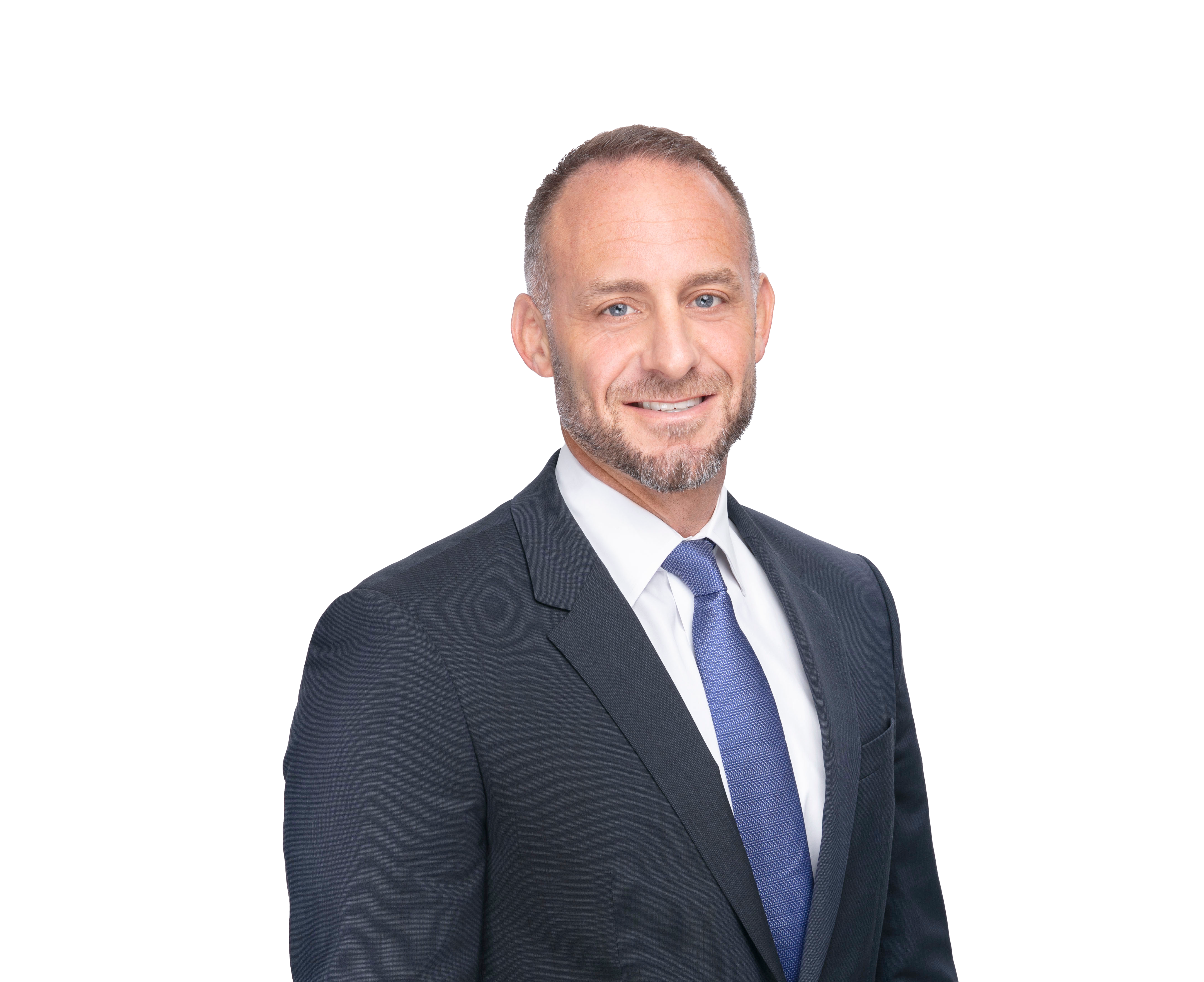
Any estate plan is changeable. Nothing that you do is ever carved in stone. There are some people who do what are called irrevocable trusts but that is a very small percentage of the population and I frankly can’t remember the last time I needed to do an irrevocable trust. Any estate plan ought to be looked at about every 3 to 5 years, just to make sure that there hasn’t been some sort of a change, either getting married, getting divorced, having children, having a death in the family, needing to change the names of beneficiaries…
I always, though, try to make my plans pretty robust! In other words, when people have children and they’re going to leave all of their wealth to their children, I will always ask them, ”Well, what happens if something happens to one of your children before you? If they have children – your grandchildren – do you want them to receive the share that your child would have received?” Most people say yes, but some people say no. I can put just a couple of words into the document that make it so that, even if somebody does pass away, the document is still going to be good and still do what the person who created that plan wants to have happen.
”
Any estate plan is changeable. Nothing that you do is ever carved in stone.
If there are major changes, though, you can always call, especially the attorney who prepared the documents for you, and in many instances they’re going to be the person who knows it best and can say “Oh yeah, I remember that. We can make some minor changes” or, “Gee, this particular change you’re talking about is pretty major; we’re going to have to do some new documents.”
But nothing you do is ever carved in stone. You can always come back and make changes, and in most instances it’s less expensive to make the changes than it is to do a completely new set of documents.
==========
– David Pilcher is an experienced estate planning and probate attorney with Bogin, Munns & Munns, a full service law firm with offices in Orlando, Clermont, Kissimmee, St. Cloud, The Villages, Orange City, Titusville, Daytona Beach, Ocala, Melbourne, Gainesville, and Leesburg, Florida. Mr. Pilcher welcomes questions and comments regarding the above and can be reached at dpilcher@boginmunns.com.
NOTICE: The article above is not intended to serve as legal advice, and you should not rely on it as such. It is offered only as general information. You should consult with a duly licensed attorney regarding your Florida legal matter, as every situation is unique. Please know that merely reading this article, subscribing to this blog, or otherwise contacting Bogin, Munns & Munns does not establish an attorney-client relationship with our firm. Should you seek legal representation from Bogin, Munns & Munns, any such representation must first be agreed to by the firm and confirmed in a written agreement.





